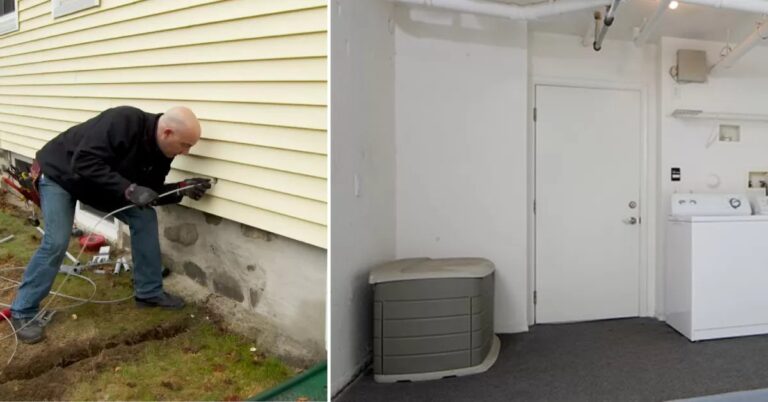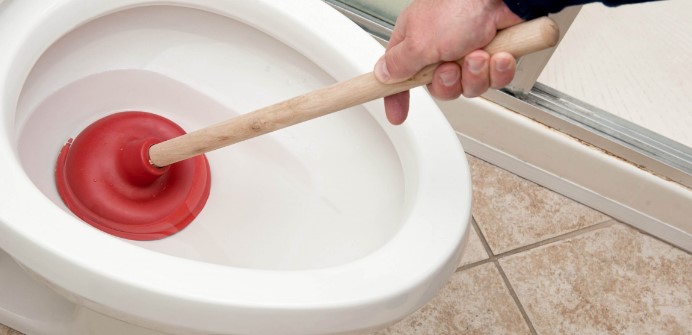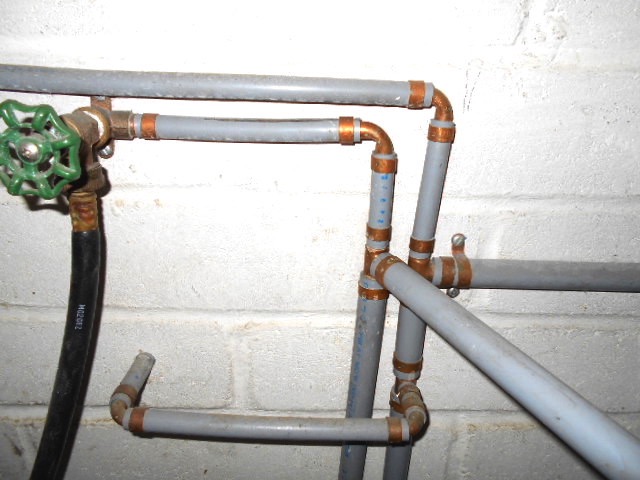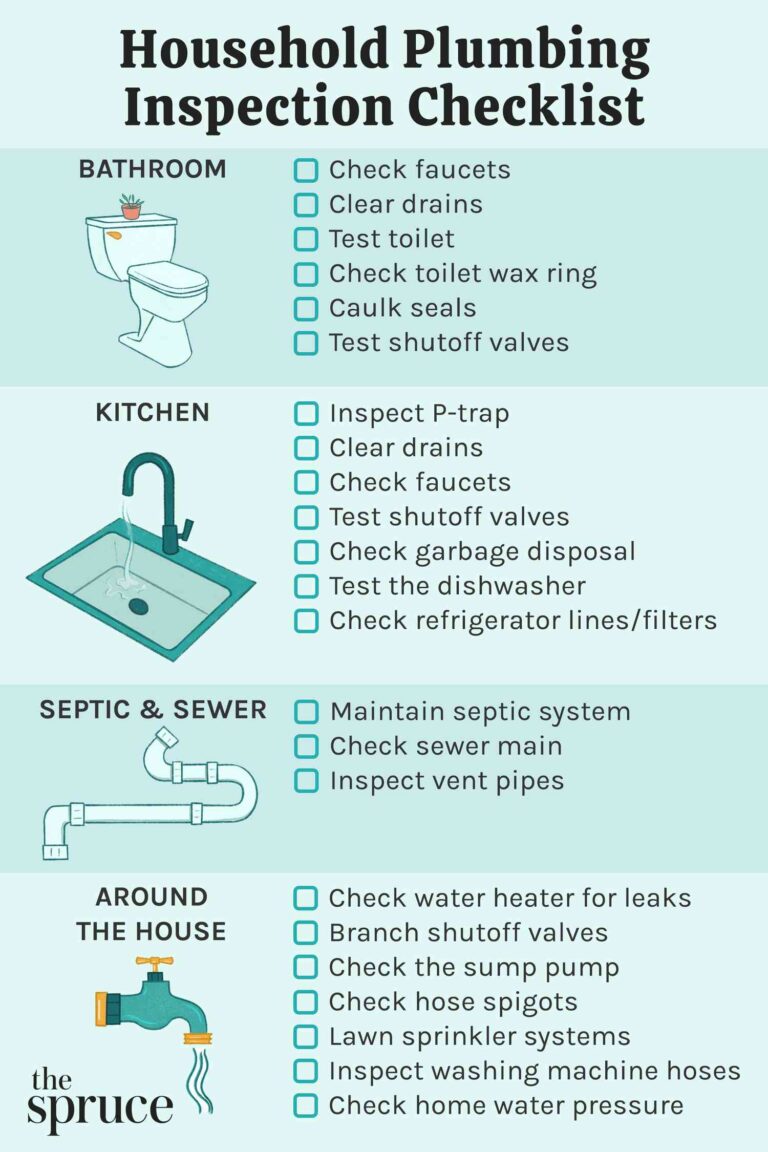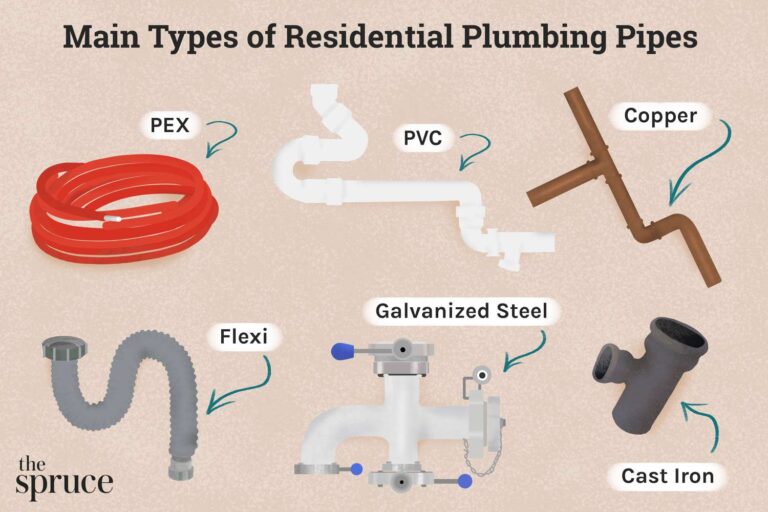What Are The Top Plumbing Materials?
Plumbing materials are essential for any plumbing system. The type of material used in a plumbing system will determine its strength, durability, and longevity. Plumbers must choose the best materials for the job to ensure the plumbing system is safe and efficient. The two most common plumbing materials are copper and PVC pipes. Copper pipes are the most expensive type of plumbing material but are the strongest and most durable. PVC pipes are less expensive than copper pipes but are not as strong. Other materials used in plumbing systems include galvanized steel, brass, and PEX tubing. Each of these materials has its own advantages and disadvantages, so choosing the right one for the job is essential.
Common Plumbing Materials
Plumbing is an essential part of any home, and there are many different kinds of materials involved in plumbing. Common materials used in plumbing include copper, PVC, brass, galvanized steel, and polybutylene. Copper is a strong, corrosion-resistant metal and is commonly used for hot and cold water supply lines. PVC is a lightweight, durable plastic material that is used for drain, waste, and vent lines. Brass is a strong, corrosion-resistant metal and is used for valves and fittings. Galvanized steel is a corrosion-resistant metal and is often used for pipes, fittings, and valves. Polybutylene is a plastic material used for water supply lines, but it is not recommended for use in new plumbing systems due to its tendency to leak and break down over time. By understanding the different plumbing materials, you can make sure your plumbing system is installed correctly and can last for many years.
Advantages of Each Plumbing Material
Plumbing materials come in a variety of shapes, sizes, and materials. Each material has its own advantages and disadvantages. Copper is an excellent choice for plumbing because it is durable, resistant to corrosion, and easy to maintain. Plastic pipes are lightweight, flexible, and more cost-effective than copper. Steel pipes are strong and reliable, but require more maintenance than copper. PVC pipes are lightweight and resistant to rust, but are not suitable for high temperature applications. Cast iron is strong and durable, but can be prone to corrosion. When choosing the right plumbing material for your project, it is important to consider the advantages of each material and how they will work best for your particular application.
Disadvantages of Each Plumbing Material
When it comes to plumbing, there are a variety of materials available for homeowners to choose from. Each has their own advantages and disadvantages to consider. Copper is a popular choice due to its durability and ability to resist corrosion, but it is also expensive and difficult to work with. PVC is more affordable and easy to install, but it can be prone to cracking and is not as durable as copper. Steel is another option, but it can corrode over time and is prone to rusting. Cast iron is a great choice for its longevity, but it is also susceptible to cracking and rusting. Ultimately, the right plumbing material for your home will depend on your individual needs and budget.
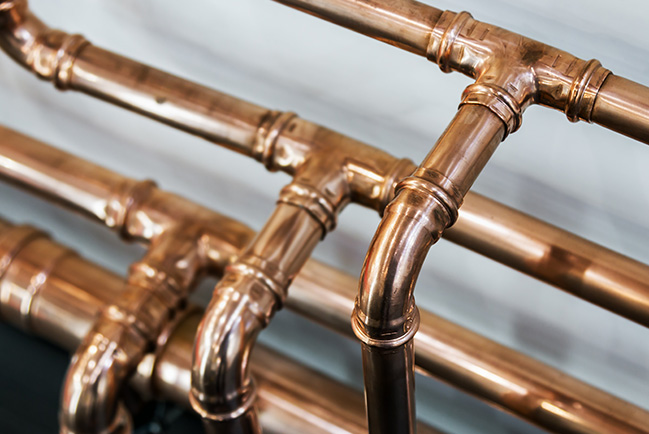
Tips for Selecting the Right Plumbing Material
Having the right plumbing material is essential for any successful plumbing project. Choosing the wrong material can lead to costly repairs, time consuming repairs, and even serious water damage. Here are some tips to help you select the right plumbing material for your project:
1. Research your project thoroughly. Know what type of plumbing material is necessary for the job.
2. Check the material’s ratings and reviews. Look for materials that have been designed to meet or exceed industry standards.
3. Consider the environment. Choose plumbing materials that are energy efficient and built to last.
4. Purchase quality materials. Choose materials that are durable and designed to withstand the elements.
5. Get advice from professionals. Speak to a plumbing specialist or contractor to get advice on the best materials for your project.
By following these tips, you can select the right plumbing material for your project and ensure that your plumbing job is done efficiently and correctly.
Long-Term Maintenance Considerations for Plumbing Materials
Maintaining your plumbing materials is essential to ensuring your system works. Whether you’re replacing old parts or installing new ones, it’s important to consider the long-term effects of the materials you choose. Different materials come with different maintenance considerations, including corrosion resistance, chemical compatibility, wear and tear, and temperature fluctuations. Having a good understanding of these factors can help you make the best decision for your plumbing materials and ensure they last for years to come. With the right maintenance and planning, your plumbing materials can help you avoid costly repairs and keep your system running smoothly.
Future Outlook for Plumbing Materials
In today’s world, plumbing materials are constantly evolving. With the introduction of new technologies and materials, the future of plumbing materials looks very promising. As the world continues to develop, so too will new plumbing materials that are designed to be more durable and efficient. Additionally, the advancements in modern plumbing materials will make installation and maintenance easier and more cost-effective. From eco-friendly materials to innovative designs, the future of plumbing materials is sure to see a bright future as the industry continues to evolve and innovate.
FAQs About the What Are The Top Plumbing Materials?
1. What are the most common plumbing materials used for home plumbing?
Answer: The most common plumbing materials used for home plumbing are CPVC, copper, PEX, and galvanized steel.
2. What are the benefits of using different types of plumbing materials?
Answer: Different types of plumbing materials provide different advantages. For example, copper is a durable material that is resistant to corrosion, while PEX is more flexible and easier to install.
3. Are there any safety concerns associated with using different types of plumbing materials?
Answer: Yes, some plumbing materials may require special safety precautions. For example, galvanized steel may produce dangerous fumes if it’s exposed to high temperatures. It’s important to follow manufacturer instructions when using any type of plumbing material.
Conclusion
In conclusion, the top plumbing materials for both residential and commercial applications include copper, PEX, PVC, CPVC, and PEX-AL-PEX. While copper is the most popular and durable material, PEX and PVC are also popular for their affordability and ease of installation. CPVC is primarily used for hot and cold water systems while PEX-AL-PEX is commonly used for radiant heating systems. Each material offers its own unique benefits and must be chosen based on the specific needs of the project.


